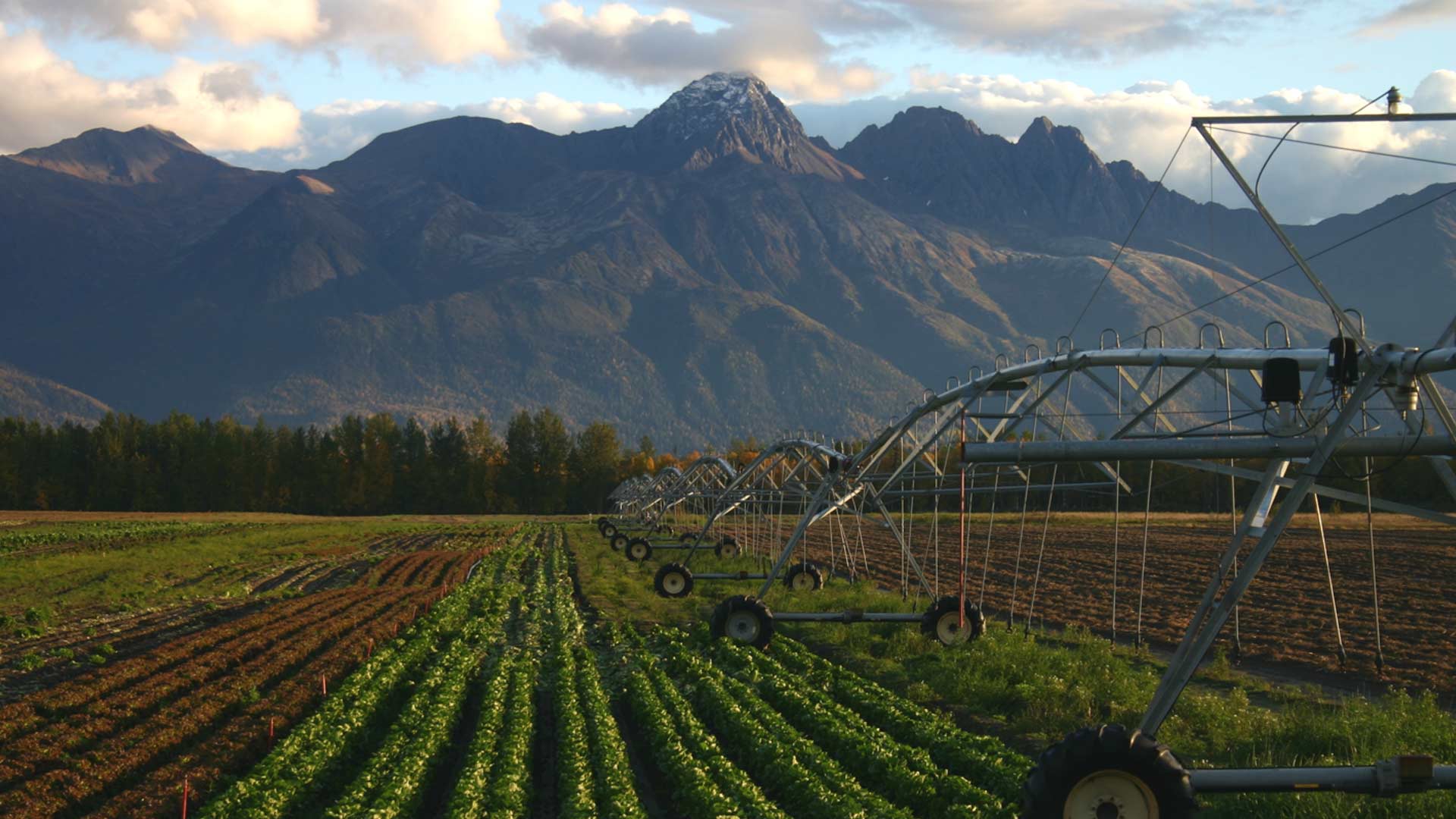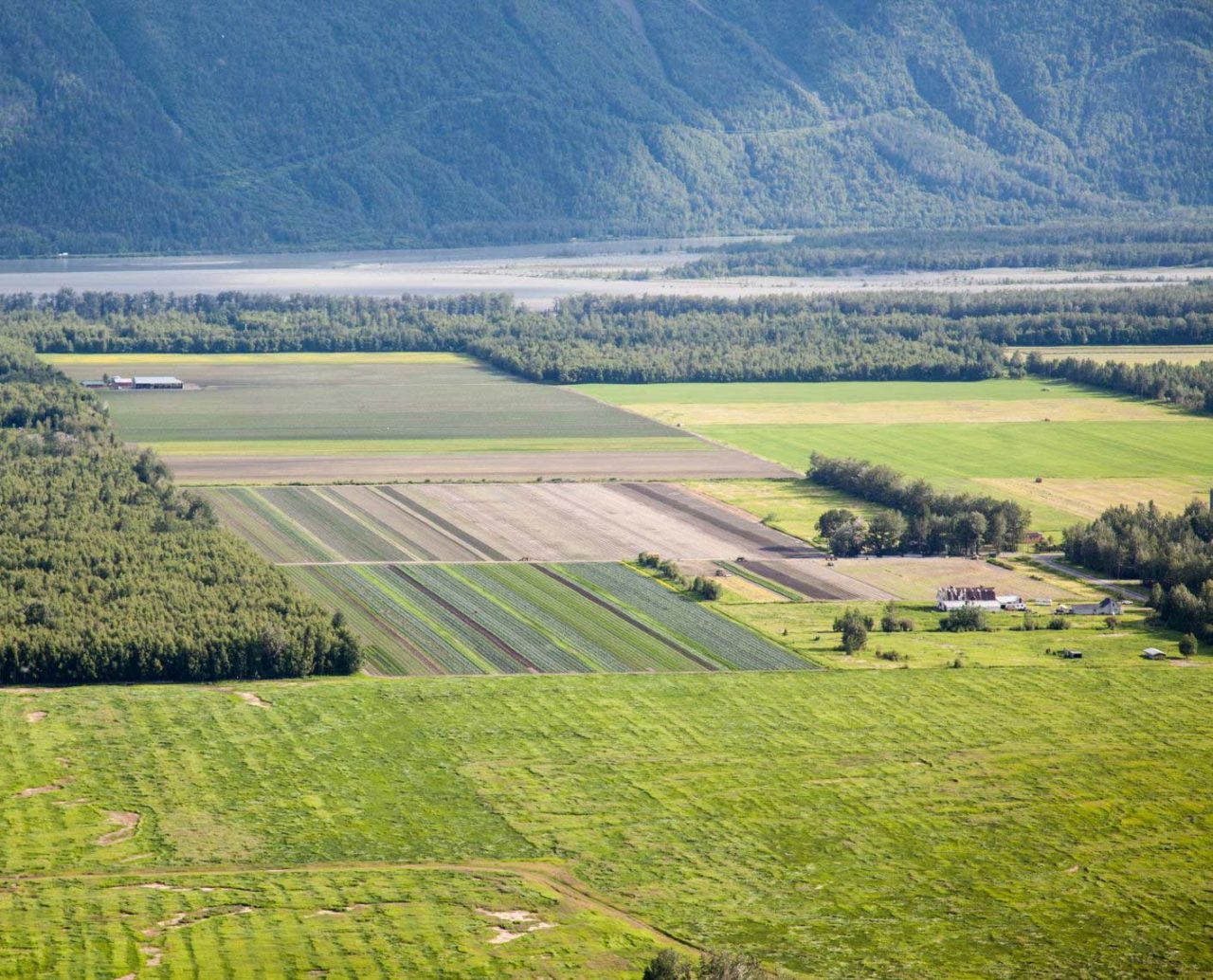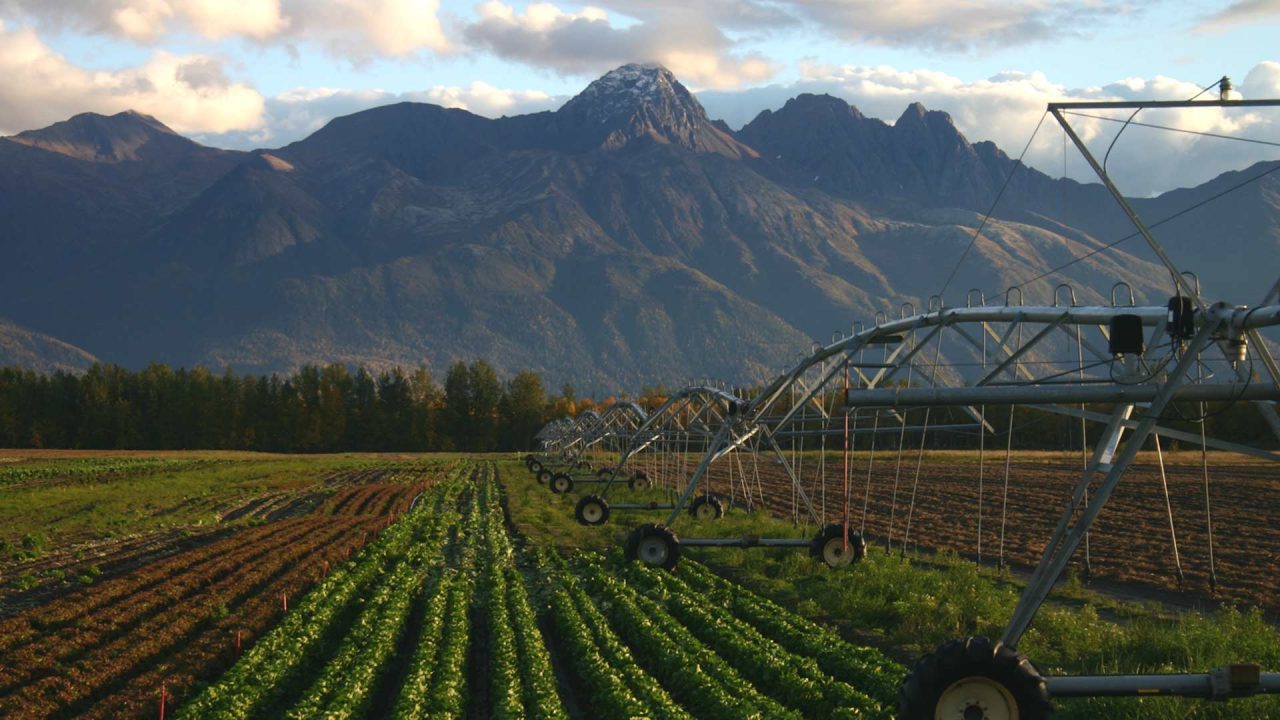

The Alaska Food Strategy Task Force (AFSTF) released the first of two reports with its recommendations on three of its seven assigned focus areas centered on improving food security and independence in Alaska.
AFSTF Chair, Senator Shelley Hughes, applauded the members’ efforts to pinpoint actionable and achievable steps to overcome the challenges Alaska faces.
“We are currently vulnerable, and it is time we begin to implement tangible solutions,” she said in an Aug. 1 statement. “Our overdependence on the Lower-48 puts us at one crisis away from a food shortage. An earthquake, a labor strike at a major port, a pandemic – and we would see our store shelves empty out in short order.”
The new report includes specific strategies that list responsible entities, any required statutory or regulatory changes, proposed timelines, action steps and metrics to be used to measure progress and success.
“We are not promoting boondoggles or interested in theories on paper,” Hughes claimed. “We are focused on actually increasing food production and access to locally grown foods over the coming years.”
The 86-page report examines Alaska’s growing agriculture industry, expanding markets for local products, and ways to improve transportation and infrastructure.
The 36-seat AFSTF divided its members into three committees in late spring according to their expertise and corresponding to the three focus areas. Each committee began working in late spring, picking up where the 2022 task force on the same topic of food security left off.
Specific recommendations include the following suggestions:
— Create an Alaska Department of Agriculture
— Expand leases on state-owned land
— Increase research capacity and programs
— Improve access to capital for producers, processors and manufacturers through agricultural loans.
— Encourage tax exemptions for farmland
— Create an Alaska Grown marketing institute
— Re-establish an Alaska meat inspection service
— Request that grocery stores track and sell more Alaska Grown products
— Improve transportation and infrastructure
— Decrease rural hub food loss via climate-controlled storage infrastructure
— Improve bypass mail operations
— Enhance data collection and analysis
— Increase food storage for community food banks
— Extend the northern rail
Kodiak farmer, Kelli Foreman, who serves as an executive board member, as well as the vice president of the Alaska Farm Bureau’s Kodiak Chapter, shared her hopes regarding the AFSTF report, process, and future implementation of the recommendations.
“As a farmer, it has been great to actively engage in the process of forming actionable recommendations,” she said. “As Task Force members, we are working to help empower farmers to not just survive but thrive in Alaska through enhancing support programs, boosting production, unlocking new avenues to reach and expand markets, and ensuring success in an ever-evolving agricultural landscape.”
ALASKA WATCHMAN DIRECT TO YOUR INBOX
Fellow executive board member Michael Jones, from the Institute of Economic Research, noted that food security is a complex issue that requires sound management of both wild food sources as well as robust supply chains that can provide high-quality and affordable food to populations across a vast state.
“This task force has identified many actionable and data-driven proposals across three initial focus areas that can support local production, reduce waste, and foster economic growth,” he said. “We hope these intervention options foster high-level discussion and will be strongly considered as our team begins work on the remaining four focus areas.”
The AFSTF’s next report is due in August of 2024 and will focus on the remaining four focus areas as well as make any necessary updates to the recommendations in its 2023 report, including reporting on the status and progress of action items incorporated in each recommendation.
Click here to read the full report.








16 Comments
You need to know your neighbors, who has what goods.
The neighbor next door has moose, three lots down they have a huge green house stores of vegetable. Joe has ammunition, next family they have wild foods berries, mushrooms, herbs and teas.
Sticking together with people of sound mind. Watching out for each others well being.
Yes, we will one day be broken up into normal God fearing groups or these woke left crowds.
We need to be ready to help our love ones in your neighborhood or community.
I am glad to see that there is progress in securing our food sources. It is too bad that this did not start a couple of years ago, at least, but better late than never. We need to support the local farms that are producing food for the community, including those with apple orchards. The more we support them, the more they can produce for us. We need to focus, just not only on what is immediately around us, but throughout our entire community. We have lost many of our farming skills thanks to the brainwashing that has led us to becoming a user community instead of a producing community. Many people on an individual level are learning farming and animal-raising skills again; hopefully this will led to communities that can share resources and provide enough for our families to survive in the months to come.
Right now under the dunleavy administration Alaska sells itself as a place of huge cabbages and the training center for a career in Dc! We’re well under way to achieving all that Biden expects of us!
Carbon / pedo/ gender queer/ gov growth/ recycling junk staff/ investigation of self/ corruption on steroids/ and the never ending story of no accountability!
I wish that Matanuska Maid was still around.
If only we had some real dairy farms that produced safe products and not some crooked lawyers, politicians, and whatever passing a herd of cows around saying that they all had dairy farms.
food security? duh
It’s great that they’re looking at food security (finally!) but most of these “solutions” look like more government involvement, red tape, and centralization, not actual food production or sustainability. People need to stop depending on the government or various committees/institutions to solve this, and start growing their own, connecting with their neighbors, and building their communities. We do not need a Department of Ag to create more regulation for food. What we do need is to deregulate things like selling meat and dairy in this state.
Build a meat processing plant.
to process what? The Liberals want us to eat bugs to stop cow farts. Because the TV told them to.
We also need renewable energy. That is independence.
Oil is a renewable energy since it is really not made from fossils; but we are not supposed to know this.
I’m not surprised that one of the first recommendations is to expand government by creating another department given the makeup of the task force, a couple of farmers who actually grow and produce food and the rest are government employees As a farmer and strong supporter of the agricultural industry existing regulations relating to the industry need closer examination and modification The state of Alaska has made a considerable amount of farm land available since 1980 adding to existing farms from the early days. Unfortunately these ag projects focused on large farms causing substantial capital costs and unrealistic government restrictions in the form of agricultural covenants. There are literally thousands of acres in these ag projects that are not being farmed. Ag covenant modifications could improve this situation enabling farmers to subdivide creating smaller parcels for beginning farmers. This would require time and effort by legislators and other bureaucrats but much less than $20 million. Good luck task force!
Agree. There are small farms all over south central growing enough produce to supply a lot of families. We buy produce from Sun Circle weekly all summer long. They are farming only a few acres and they sell at two locations per week with an abundance of customers. When I hear words such as ‘department’, ‘task force’ and ‘studies’ I also hear ‘big government’. It seems certainly expanding infrastructure and transportation are definite government tasks but maybe incentives for more private sector involvement such as tax incentive, low interest loans and smaller land tract availability for production should also be considered. With that each of us also bear some responsibility to be as prepared as possible for disaster.
How is oil a renewable resource?
government and farms….never ends well.
The progressive income tax and federal ag policy made the family farm unprofitable. Corporate farming is here to stay, for a long long time. There is the Land Stewardship Project, but from what I read and the folks I know who are involved in it, it is a left wing scam. Until Conservatives learn to organize we will remain at a disadvantage in this “Great Game”.